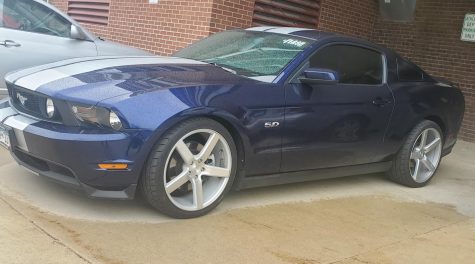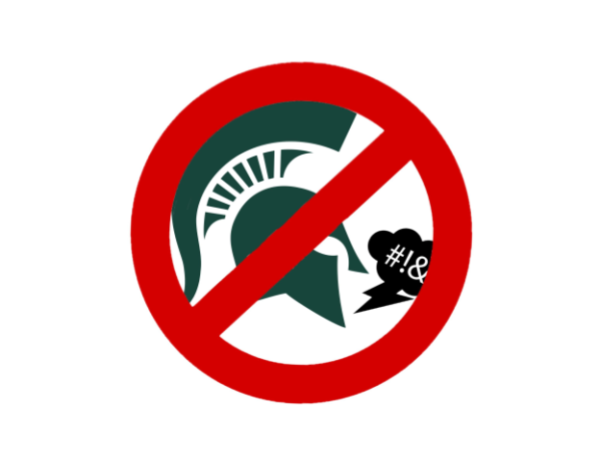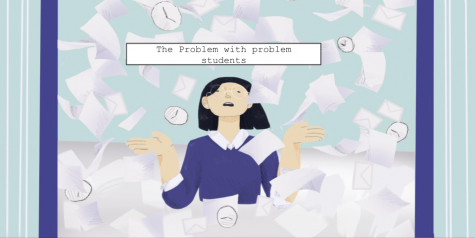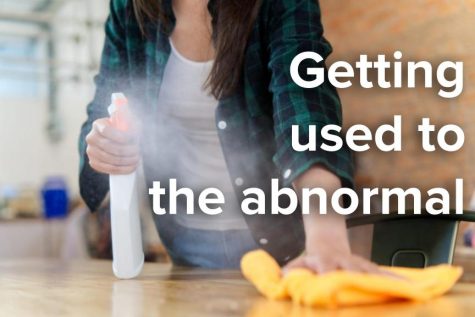Editorial: EPA banning aftermarket car parts
You get your father’s four-cylinder, rusted-out Subaru as your first vehicle. You realize how under-powered it is when you leave the stoplight and two minutes later you’re at 50 mph. As you take a turn, the Subaru wants to roll, and the tires slip, making you question your safety. Clearly, the addition of some aftermarket parts would make this ride more dependable and safer to operate. Unfortunately, if the Environmental Protection Agency (EPA) has its way, it will become illegal to do that.
The EPA is seeking a law that would ban vehicle modifications of all sorts. If passed within the House of Representatives, the EPA’s bill puts forward the interpretation that the Clean Air Act doesn’t allow for anything from the factory to become or be converted into a “race car.” The American tradition of working on cars has been unquestioned for nearly 50 years; however, the EPA’s initiative threatens that. Since 2015 the EPA has been trying to make sure that racing becomes illegal, in an effort to improve emissions and reduce pollution. Recently the EPA has been highly critical of superchargers, turbos, tuners, and exhaust systems. They are making those a significant priority in their attempt to restrict what can be added onto a vehicle (SEMA).
No disrespect to those who are the most environmentally focused, but there is a whole picture that people have to think about, not just cleaner air. It’s an entire system; the aftermarket parts industry represents a massive, flourishing economy. The business ramifications of the EPA’s goal would threaten our American economy. Nascar Truck and Xfinity Driver Jesse Iwuji believes that “We would lose thousands of jobs… we definitely need to be pushing for more jobs in light of the current news” detailing national economic struggles. Without the aftermarket industry, the nation’s economy would suffer from a loss of revenue because of the size of this industry and its broad-reaching impact in our lives: nearly everyone drives vehicles. Many of those vehicle owners want to save money by maintaining and repairing them without the need for a shop. Unfortunately, that may become a thing of the past.

Another disadvantage resulting from the EPA’s initiative involves the demise of the car-care community online. People will lose the sense of unity that working on a car can provide. Websites bring together thousands of vehicle owners who share information and get help on how to make their pride and joy more reliable, how to make it faster, look better, or handle safer than how it came from the factory. YouTube also serves the automotive community, educating people on everything from removing a dashboard in order to replace the lights in the panel to replacing the gears in a differential. This source of information helps save consumers a great deal of money while imbuing a sense of pride and “know-how” in being able to maintain their ride.
Beyond that, we could lose a huge part of American culture over it just because the average blue collar worker has a performance car or weekend car that they have fun with. “When you lose the opportunity to even remotely do anything to a car, you lose interest in the art style that cars are,” Iwuji said. When people start to lose a passion for their vehicles, they also lose attention to detail; they stop noticing dry rot developing on radiator hoses or the small leak underneath their parked car. This de-evolution can lead to greater safety concerns and additional road hazards over time.
The EPA would do well to focus elsewhere, if it were truly concerned about improving the air quality in the USA. To that point, Nascar Racer Iwuji explained that, “The amount of performance parts and even heavily modified car amounts to close to nothing versus [the trucking industry] …we could be working on a more efficient way to transport our goods” (Iwuji). At the same time, the EPA could focus on how those manufacturers could reduce their carbon footprint and vehicle emissions pollutants.
Contrary to what some may have us believe, pollution from vehicle emissions hasn’t gotten to the point at which we need to ban vehicles. In fact, the EPA should start big and work its way down the spectrum. Emissions from vehicles are such a small percentage of pollution that it is only a piece of the puzzle, and clearly not where they should start their emission initiatives. That’s why I have signed the RPM Act to help protect my rights to modifications and race cars, and it is why I encourage you to sign the RPM Act at Recognizing the Protection of Motorsports Act (RPM Act) | Specialty Equipment Market Association (SEMA). Let your state officials know that you have an interest in saving your cars and rights to your cars. We can outrun the EPA and return to living and driving happily, heading out onto the highway.
Sources:
Title: Recognizing The Protection of Motorsports Act
Author: SEMA
Website name: SEMA.org
Access Date: 3/22/21
Publisher: SEMA
Jesse Iwuji Nascar Truck and Xfinity series driver
Contact Info: [email protected]
All images: Spencer Nevinger






